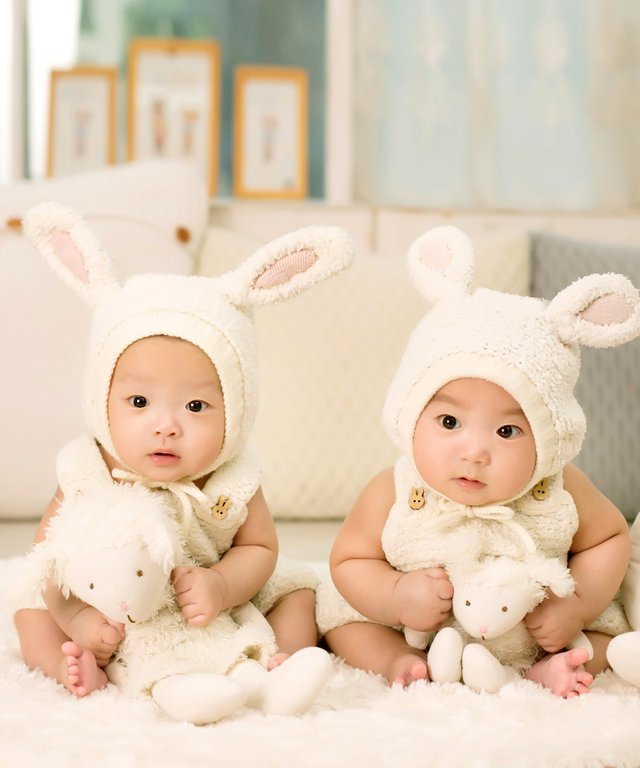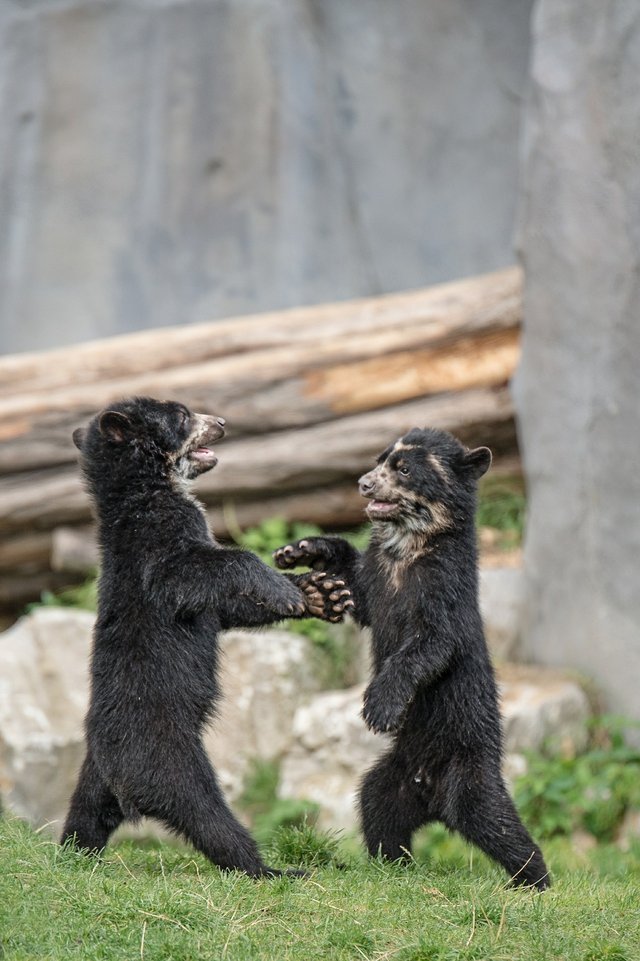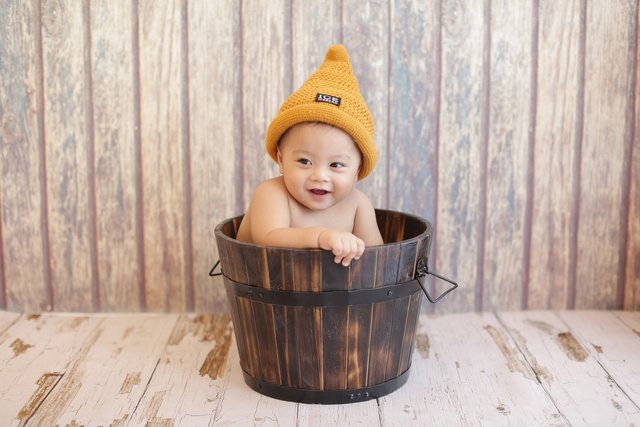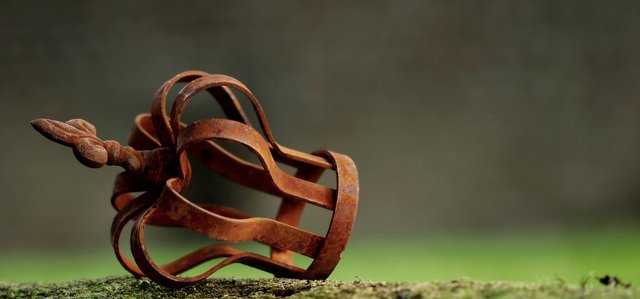Whose Mother is This? Brothers and Sisters. Part 2

I remember a never-ending argument my younger sister and I had. My sister would hug our Mom with her tiny puffy arms and would look at me with the most monkeyish look she could ever put on her face. Then, smiling jauntily, she would say, "This is my Mom!" The gloves are off. I would feel rather annoyed and would answer quickly, "This is my Mom, too". "No, she would say, this is my Mom!"
Then I would try to hug Mom, too, but my little naughty sister wouldn’t allow me. After a few moments and attempts to get my “possession” of Mom back, I would simply poke my sister. She would poke me back. Our mother, who is obviously not paying attention to our quarrel, finally sees the mini battle we are throwing up on the couch next to her. She would say to me: "Come on! You are older. You shouldn’t listen to her. She is just teasing you. She doesn’t understand things yet!"
I know that my sister understood everything very well back then, although she was four years younger than me. In fact, she often goes back to this memory laughing what a genius way she had found out to tease me and get away with it, playing the I-am-too-little-to-be-responsible-for-my-actions card.
See, when you are a firstborn you are always older than your brothers and sisters and you are always held responsible for them. My sister was always too little. She is 27 years old now and is still the little one in our family. Does this attitude toward you shapes who you are? It surely does. We will get back to it later. But, first of all, we will analyze the situation I have just described from another perspective.
We were fighting over our Mom’s attention, protection and love. And this is something that brothers and sister often do.

In the best case scenario, when you are a firstborn, you experience a full-blown paradise for a few years as you are the only child in the family. You would have all the attention of your parents, grandparents, aunts, and uncles. You don’t have to share your toys or your sweets. And, wait for it… You don’t have to share your parents, either! They would hug you, kiss you, play with you. They will be amazed every time you do something, actually anything. Just try and suck your toe for a moment and they will be astonished. They would start taking pictures, texting to everyone and bragging about how they have the brightest kid on Earth. True story. No doubt, there is no other kid with your accomplishments.
Then, suddenly, the paradise is over. The heavens turn into hell. A brother or a sister arrives.

I remember vividly when my sister was born. My parents tried to make me keen on the fact that I was going to have a sister, saying that I will have someone to play with. They were obviously trying to get rid of my constant nagging that I need one of them to play with me. This must have been their secret plan – let’s make a baby and give it to her. She will leave us alone. Finally!
So, we were in the car, driving to the hospital to take my Mom and my new-born sister home. I was eager to start playing already! But, how disappointed I was to find out that my Mom was holding a sleeping bundle who could barely move. No “play material” for sure!
But this wasn’t the worst part. Suddenly, all the attention I was usually getting was gone! They even started taking me to the kindergarten every morning while my Mom stayed at home to take care of the baby. The baby! Not me! Can you imagine?
The Dethroned Child

It was Alfred Adler who first described certain family dynamics concerning the siblings in a family. He called the emotional process a firstborn is experiencing when a sibling arrives a dethronation. Firstborns usually try to fight back for their position and some of them experience regression. This means that they start to act like babies in order to deserve their parents' attention and love again. Some may start to pee in their pants, others would begin to wake up at night and cry. Some children even say that they are going to throw the baby through the window or ask their parents to return the baby back to the hospital. This is more likely to happen if the age gap between the siblings is small and the oldest is not mature enough to understand that having a brother or a sister doesn’t mean that your parents stopped loving you.
In fact, if the parents engage in an open discussion with their oldest (or the older siblings) about the arrival of the baby, about the baby’s feelings and needs and the role of the older child, this could have a positive impact on the developing self of the older siblings. This conversation frequently includes the idea of the newborn as a person and a broader discussion of the self and others, which results in an extended understanding of the selfhood of the firstborn. This could be connected to the increased independence and maturity observed to follow the birth of a sibling (Dunn, 1982).
However, it is not obligatory for the older siblings to experience any kind of hostility towards the newborn, especially if they are old enough to realize that a new brother or a sister cannot steal their parents’ love and affection.
Nevertheless, if we go back to the scene I describe at the beginning of this article, we can clearly see that there is more in a sister-sister relationship than just the dethroned firstborn phenomenon. On the one hand, we are obviously competing for our mother’s attention and love. On the other hand, there are certain parental expectations for each of us. Furthermore, these expectations are not the same for my sister and me. I am referred to as older and the one who understands and therefore should back up. My sister is referred to as little and innocent for her actions because she doesn’t understand things yet. Does this have an impact on personality? It surely does.
In my next article, we will take a closer look at the dynamics of these relationships. We will observe how a brother-brother, sister-brother and sister-sister interactions could influence who we are. Thank you for spending your time reading this post. I hope you enjoyed it!
References:
Dunn, J. Sibling Relationships in Early Childhood. Child Development Vol. 54, No. 4 (Aug., 1983), pp. 787-811
https://en.wikipedia.org/wiki/Birth_order
https://www.psychologytoday.com/us/blog/fulfillment-any-age/201501/why-you-and-your-siblings-may-still-be-rivals
Images: (Under CC0 Creative Commons)
https://pixabay.com/en/baby-twins-brother-sister-siblings-772439/
https://pixabay.com/en/crown-moss-head-ornament-rust-2924543/
https://pixabay.com/en/bear-brown-bears-bear-children-463919/
https://pixabay.com/en/baby-fun-shy-hat-wood-box-3517621/
That was me! The dethroned child.
23 months old than my brother, and with only one parent in the house, I realise that playing 2nd fiddle did not go down well for me.
The tricks employed by my brother sound similar though, the youngest and not to blame for starting any brawls we had - this lasting into our teens and only really ending when I left for university.
Sharing a room and not having another parent to provide comfort probably didn't help, it's taken many years for us to forgive and forget how mean we were at times to each other!
Thanks for going further into this topic, I look forward to more 😊
I so much relate to this. We still argue sometimes about who was right or wrong in a certain situation from the past.
There is no other relationship like the siblings' relationship. Love and hate, rivalry and fellowship, unconditional support and judgment - all these in a single relationship. You never know what is coming next with your brothers and sisters, even though you are already an adult :)
Thanks for stopping by and commenting! I hope you will find interesting my next post on the topic :) See you!
Yes for sure, it's a unique mix and easy to go between wanting to strangle each other to enjoying some of the best times together. That's still the case here!
My pleasure, thank you for the interesting post, I'll hopefully spot the next in the series :)
Hi @insight-out!
Your post was upvoted by utopian.io in cooperation with steemstem - supporting knowledge, innovation and technological advancement on the Steem Blockchain.
Contribute to Open Source with utopian.io
Learn how to contribute on our website and join the new open source economy.
Want to chat? Join the Utopian Community on Discord https://discord.gg/h52nFrV
The concept of dethronation is interesting... It gave me childhood memories.
Well presented @insight-out
Posted using Partiko Android
Thank you @mr-sakariyau!
I would like to ask a question, is this supposed to happen also in cases where siblings are of different sexes? That is, how is the reaction of a child towards his younger sister, or the opposite, from a sister to a younger brother? Is it different or is it the same as if they shared the same sex? Would this dispute continue for the attention of the parents?
Hey, @martinmcfly!
It is the age gap that contributes to the phenomenon. When the firstborn is too young to understand that the love of the parents is not gone, he or she experiences frustration.
Here is a fun story. Yesterday I talked to a friend who just had a baby. They have a dog for ten years now and it turned out that their dog is acting like a "dethroned child" with the new baby at home. She (the dog is a lady) cries all the time, scratches the doors and started pissing on the carpet on purpose. Exactly what humans do! :D
Thanks for reading and commenting! It means a lot!
Really fascinating that this behavior pattern is repeated in the pet too. It gives a lot to reflect.
I like that you talk about family dynamics and you know Alfred Adler (!) :)
As much as we can thank Freud and what was developed from his findings I think we also can learn a lot from the systemicists about childhood in the context of family dynamics. The role of the child and the order in which it is born can be taken to the advantage of the later adult.
Do you know the expression "I can reinvent my childhood"? The reframing-techniques point to the encouragement of the adult and also look at the situations and circumstances back then to find examples and to make the person aware of all the occasions the child was encouraged by its parents and other adults.
The fact that someone is first born has as many advantages as disadvantages, just as with the children who are in the middle or born last. The sequence and order in which one is born is therefore not considered in the form of the disadvantages but of the resources and abilities that are specifically addressed for this person who is looking at himself. With regard to the firstborn, one could say: "You have experienced early on that you are not the centre of the world. Which is a very significant experience! Unlike your younger sister, who probably has more trouble grasping this reality."
Then perhaps the systemicist would ask: Which insights and scenes considered valuable in which you have taken responsibility for your younger sibling come to mind? What was good about it and who reacted how?
I remember my son saying something like "I will throw the baby from the balcony" after he was told that he is going to have a brother (my Ex became second time a father). I had to kind of swallow my reaction not finding it "horrible" but seeing his reaction as totally normal considering the circumstances and happenings in his life.
Thank you for giving that example, I think it's of great value to discuss this.
Yes, absolutely! That is why I got interested in the systemic approach in first place. Although I am still at the very beginning of my training. But I don't think one could possibly be effective in working with families and groups if he or she is not familiar with systemics.
Birth order definitely influences one's personality especially when family dynamics are concerned. However, as you pointed out in your example, the dynamics are very specific depending on the certain family. Although some patterns might be extracted.
I absolutely agree. I just tried to present a common phenomenon which is close to me as I am a firstborn :) With my next article I will try to dive a little bit more into the subject.
Thanks for commenting, Erica!